

Streamlined Workflows for Distributed Computing with Health and Biomedical Data
Lifebit
3 September 2024
Author: Lifebit
Managing and distributing workflows efficiently is critical in the rapidly evolving field of bioinformatics. As datasets grow larger and more complex, the challenges faced by bioinformaticians in ensuring seamless workflow distribution become increasingly apparent. This blog explores these challenges, the importance of streamlined workflows, like Nextflow, and how Lifebit's innovative technology offers a solution to enhance efficiency and collaboration with federated analytics.
The Challenges of Workflow Distribution in Bioinformatics
Workflows in bioinformatics typically involve a series of data processing steps, including tasks like data preprocessing, alignment, annotation, harmonization, and analysis, often using a variety of software tools and algorithms. Workflow systems in the biomedical field are essential for defining analyses through tasks, dependencies, and dataflows. Challenges include handling large volumes of data, requiring compatibility across different platforms, and maintaining data integrity throughout the process.
Another challenge with workflow distribution is sharing, deploying, or executing bioinformatics workflows (or pipelines) across different computational environments or resources. These must demonstrate portability across various execution environments but need to catch up in handling the complex demands of modern bioinformatics, particularly in scenarios of federated data collaboration. Many systems are not equipped to manage the decentralized, distributed computations, and stringent security and privacy requirements needed for international biomedical cooperation.
Impact on Research and Collaboration
Inefficient workflow distribution can severely impact research progress. Delays in processing and analyzing data can stall critical discoveries, while inconsistent workflows can lead to discrepancies in research outcomes. Furthermore, poor workflow management hinders collaboration between teams and institutions, as this compromises the ability to share and integrate data seamlessly.
Strategies for Efficient Workflow Distribution
Automation and Scalability
Automation plays a crucial role in streamlining workflow distribution. By automating repetitive tasks, bioinformaticians can reduce the risk of human error and free up valuable time for more strategic activities. Scalability is equally important, ensuring that the workflow system can grow alongside the expanding data needs of bioinformatics research. Implementing scalable solutions helps accommodate larger datasets and more complex analyses without compromising efficiency.
Enhancing Collaboration Through Technology
Advanced technology solutions are key to improving collaboration in bioinformatics. Cloud-based platforms, for example, allow researchers to access and share data in real time, regardless of geographical location. This not only speeds up the research process but also ensures that all team members are working with up-to-date information. By integrating such technologies, bioinformaticians can foster a more collaborative and productive research environment.
Lifebit’s Innovative Approach
Federated Technology for Secure Data Access
Lifebit’s federated technology offers a solution to the challenges of workflow distribution in bioinformatics. With Lifebit’s patented, federated technology, users can run a combined analysis on otherwise separated multiple data sources, monitor the execution of analysis from each data source and view the automatic aggregation of results.
Advanced Analytics
Lifebit Advanced Analytics module enables bioinformaticians and researchers to run large-scale analyses with Nextflow pipelines and containerized tools to gain insights efficiently and quickly. It provides bioinformaticians and researchers with an intuitive user interface for running standardized workflows in a robust, reproducible and scalable manner, to ensure analytic insights requiring large computational effort, are delivered consistently and efficiently.
NF-Copilot is an industry-leading, Nextflow-native, pipeline acceleration solution. Unique features of NF-Copilot include advanced data management, so bioinformaticians can improve data discoverability and fully automated pipelines with changes to pipelines in real-time as analyses can be shared across research teams.
-4.png?width=906&height=567&name=unnamed%20(1)-4.png)
Real-World Applications
Lifebit’s federated solutions are transformative for organizations in the bioinformatics field. Researchers using Lifebit’s federated technology can securely access diverse, multi-omic and health data from over 150+ million patients worldwide. This comprehensive data catalog covers disease areas posing the greatest threats to human health, such as cancer, cardiovascular, respiratory and neurological diseases and metabolic diseases, such as diabetes.
Lifebit’s Advanced Analytics module supports streamlined workflow distribution and enables researchers to conduct federated analysis on such large-scale datasets with unprecedented accuracy and speed.
Conclusion
Efficient workflow distribution is essential for the success of bioinformatics research. By implementing automated, scalable, and advanced technologies, like Lifebit’s Advanced Analytics module, bioinformaticians can overcome the challenges of managing and distributing complex workflows. Lifebit’s innovative federated technology offers a robust solution that enhances data security, collaboration, and research efficiency.
About Lifebit
Lifebit is a global leader in precision medicine data and software, empowering organizations across the world to transform how they securely and safely leverage sensitive biomedical data. We are committed to solving the most challenging problems in precision medicine, genomics, and healthcare with a mission to create a world where access to biomedical data will never again be an obstacle to curing diseases.
Lifebit's federated technology provides secure access to deep, diverse datasets, including oncology data, from over 100 million patients. Researchers worldwide can securely connect and analyze valuable real-world, clinical and genomic data in a compliant manner.
Learn more about our Nextflow and Advanced Analytics solutions.
Book a demo with one of our experts today.
Featured news and events
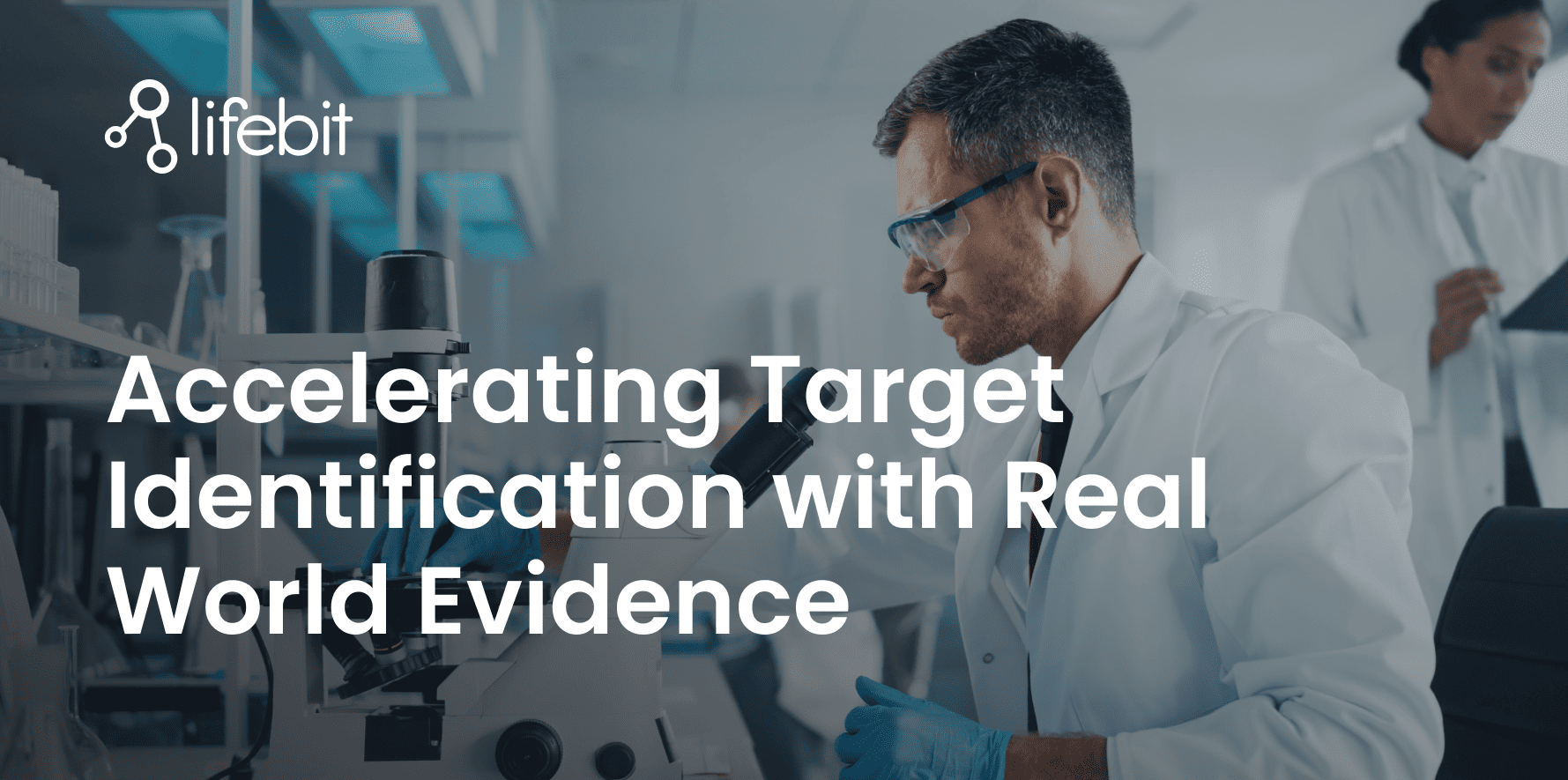
2024-12-06 15:53:10
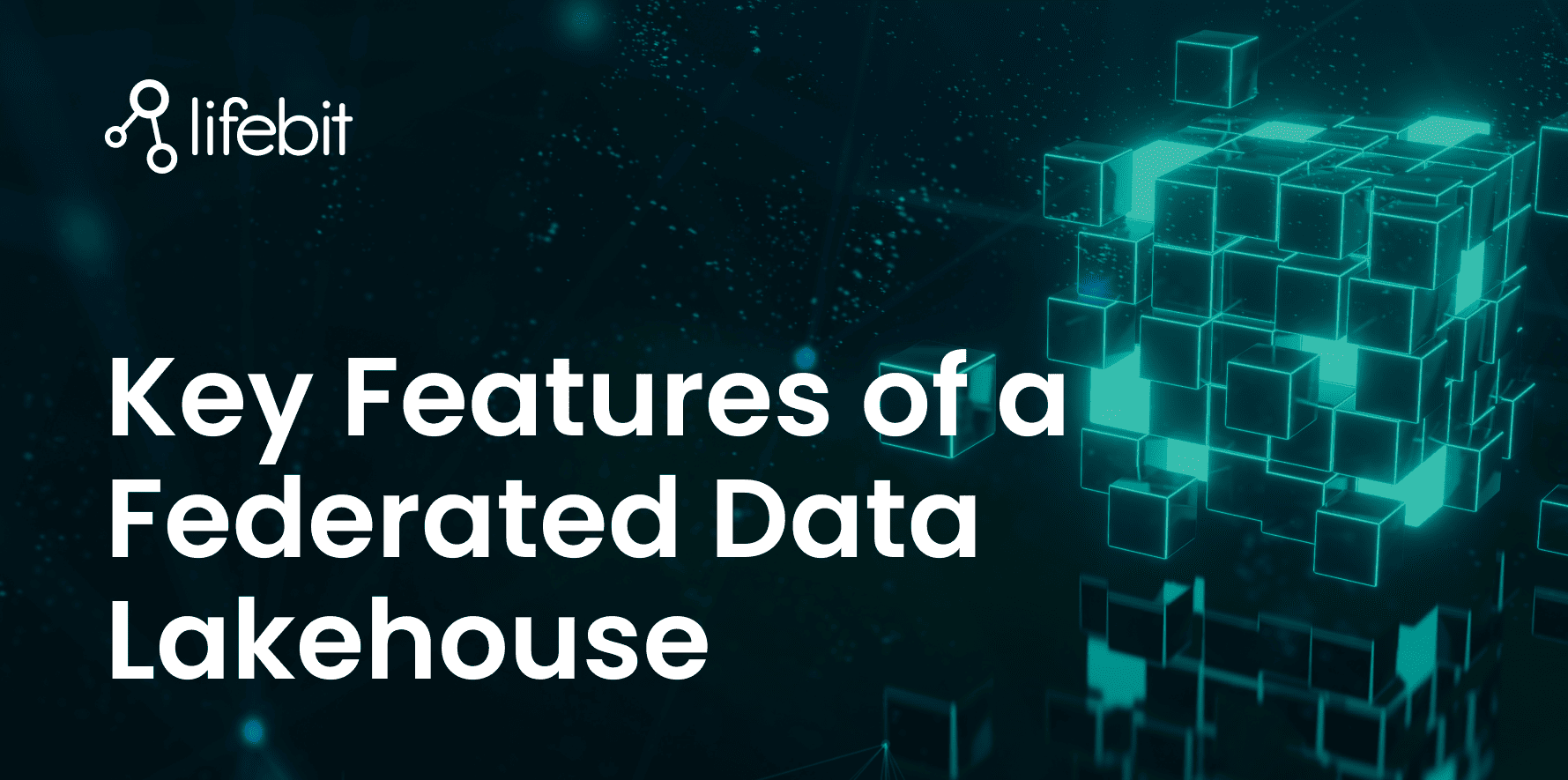
2024-11-27 12:35:34

2024-11-27 09:15:04

2024-11-20 09:41:45

2024-10-08 13:00:00
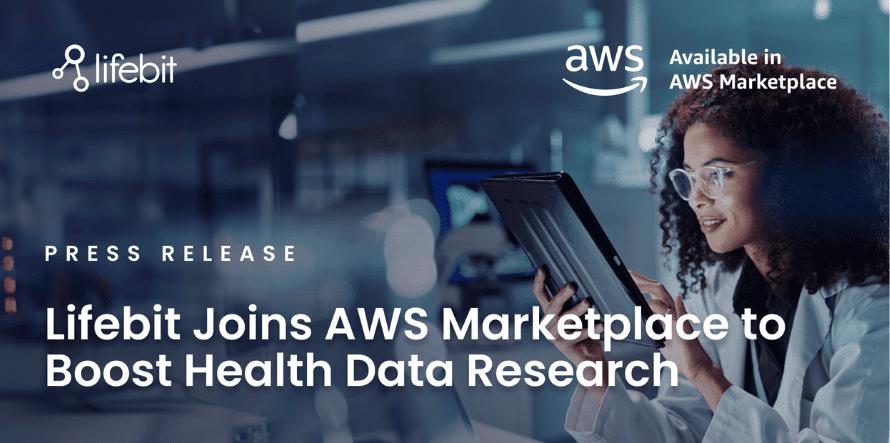
2024-10-04 12:00:00
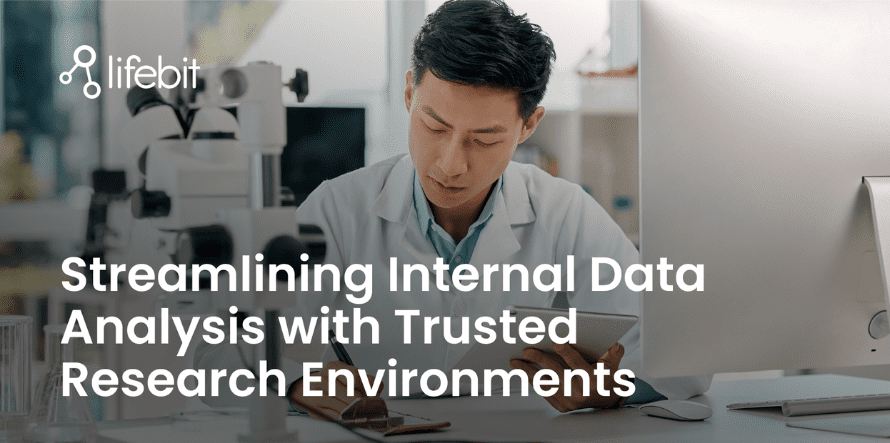
2024-09-24 08:28:11
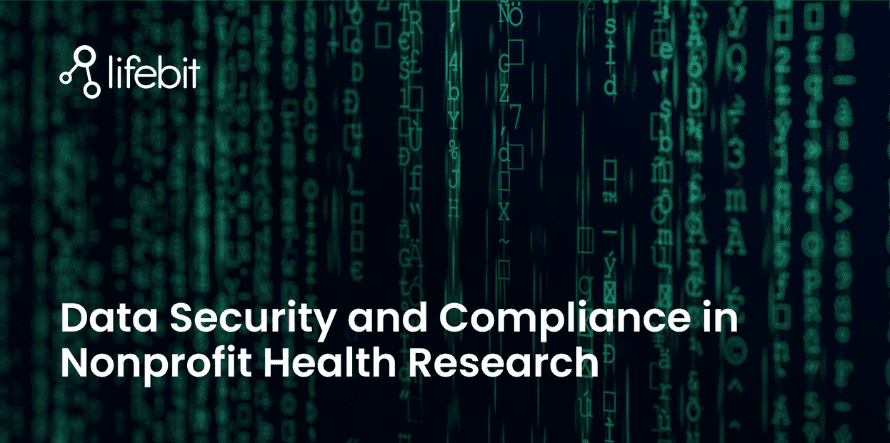
2024-09-19 11:24:21

2024-09-18 11:30:00
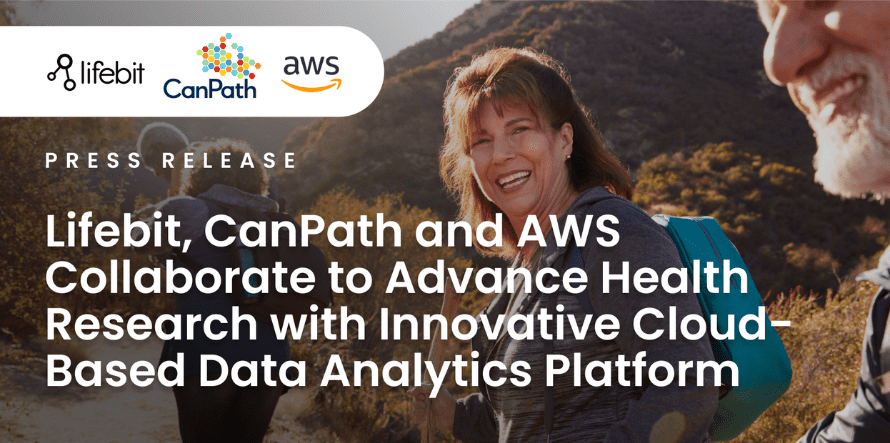
2024-09-17 13:00:00

.png)